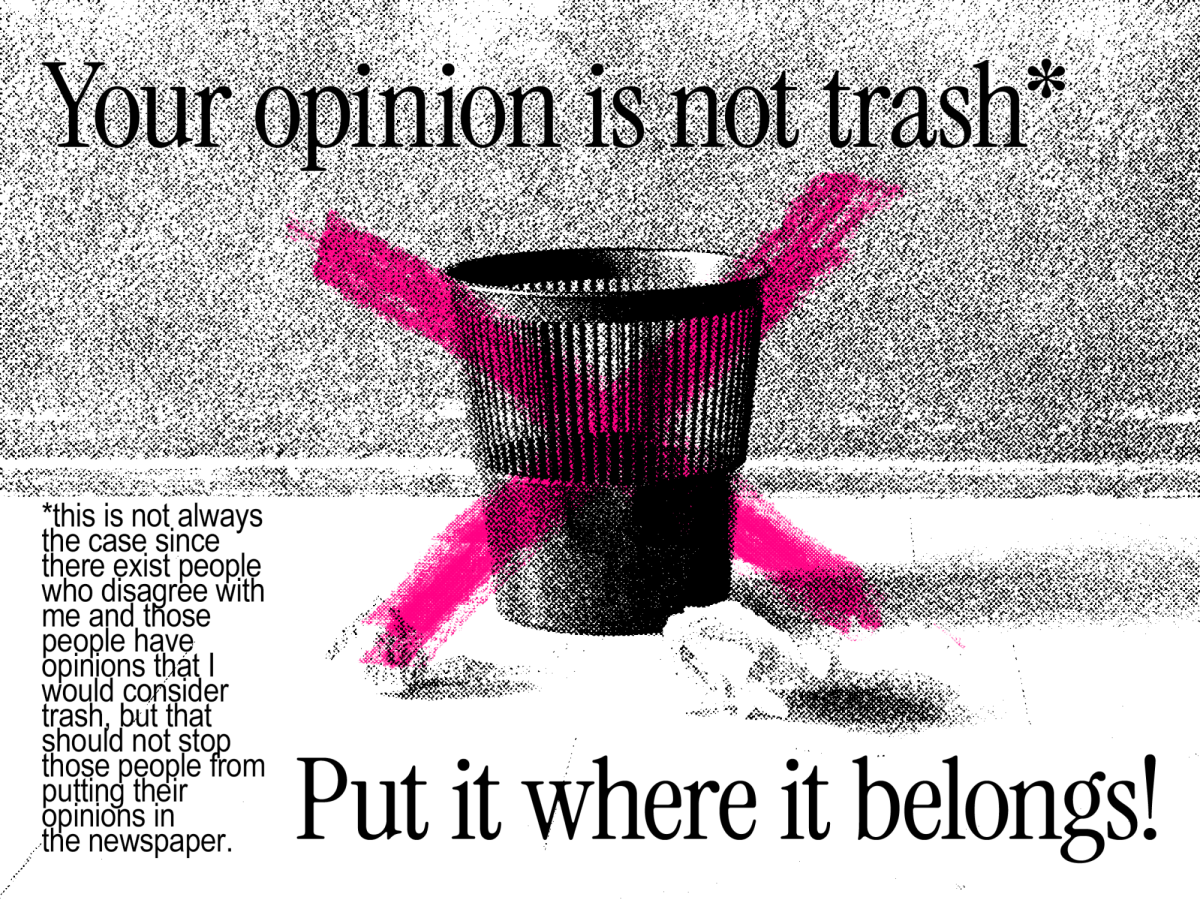A little over a year ago, I wrote a review of season 1 of the Netflix original show “A Series of Unfortunate Events”. I was so focused on the style, acting, and similarities to the book series. Season 2 recently came out, and I watched it just for fun. I came to the realization, however, that there were some pretty blatantly homophobic themes as well as problematic portrayals of minorities.
The first example that comes to mind is the portrayal of the agender henchperson of Count Olaf. This person is referred to as “a person of indeterminate gender” and Olaf and his troupe mock them on several occasions.
In the episodes portraying The Miserable Mill, Charles and Sir are clearly depicted as gay. An African American actor plays Mr. Poe, the incompetent banker that is left in charge of the children. His wife, also African American, is similarly portrayed as ridiculous and inept. On the other hand, all of the heroes and heroines of the story are straight white people. This really made me question why it was necessary to villainize minorities, perpetuating harmful stereotypes ingrained in our society that already oppress these groups.
Of course when I read these books as a child, I did not pick up on many of these themes, nonetheless understand why they were questionable. This made me wonder if other books I read as a child were also seeding my young brain with homophobia and the like.
I started reading online articles of people’s impressions of children’s books, and recalling some things about my treasured childhood favorites disturbed me. For example, in The Chronicles of Narnia, the Calormenes people are portrayed as a dark-skinned race of people who worship a demon god. They are portrayed as cruel and selfish. In Little House on the Prairie, the Native Americans are portrayed as dangerous savages whose goal is to make life difficult for the settlers.
I will be the first to admit that I was unintentionally prejudiced as a child and into my teen years. I thought that this was just because I was raised in a conservative hodunk town where it was an unquestioned societal norm to laugh at gay people, to tell “harmless” racist jokes and to view Native Americans as savages. Looking back at the books I read, though, I realize that they almost certainly played a role in implanting ideologies that I am still struggling to recognize, deconstruct, and move past to this very day.
—Bailee Clark, Staff Writer



